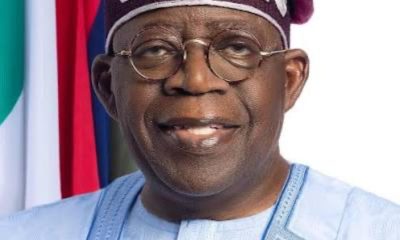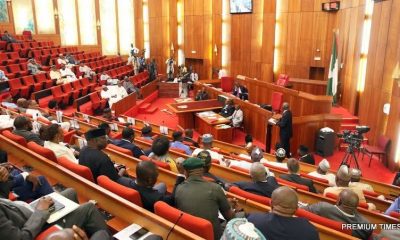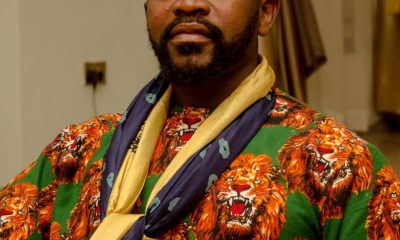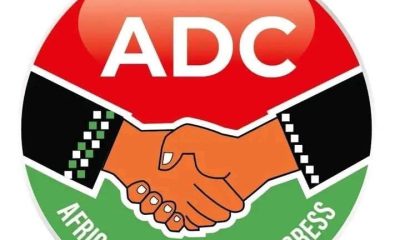Uncategorized
We have received 5,000 complaints in Bayelsa in 12 months- Public Complaints Commission
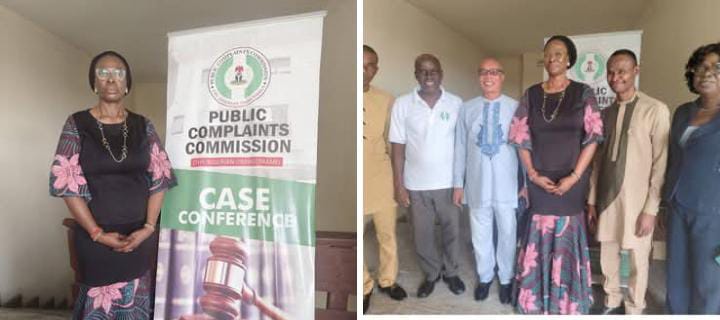
Bayelsa State public Com
By David Owei, Bayelsa
The Public Complaints Commission (PCC) in Bayelsa State has received a total of 5,000 complaints from 2024 to till date in the state.
The Federal Commissioner, Hon. Ineye Ronke Binawari, who disclosed this during the 50 years anniversary celebration of PCC, said out of the 5,000 complaints, 3,000 have been treated and 2,000 remain ongoing.
Hon. Ineye Ronke Binawari, who said the 50 years celebration, tagged: “50 Years of Promoting Administrative Justice”, is a clear show of trust and acceptance by the people of the state in resolving issues of rights violations by the State and Federal establishments.
Binawari said despite the shortage of funds, the PCC in Bayelsa State is reaffirming its commitment to uphold the principles of fairness, accountability and service to humanity, which very principles have been the cornerstone of its mandate since its inception in the state since 1997.
She said over the years, the Public Complaint Commission, as an organ of the Government, has redressed complaints lodged by aggrieved citizens against administrative injustice and thus presents a platform that gives every Nigerian and foreigner resident in the country, the opportunity to seek redress and obtain justice at no financial cost.
“Over the past five decades, the Commission has, to its credit, championed fairness, transparency, and good governance by ensuring that the ordinary everyday citizen has access to justice outside the conventional court system.”
” The Public Complaints Commission has expanded from a single Federal office in Lagos in 1975, to all the 36 States of the Federation and the FCT, handling, on an annual basis, hundreds of thousands of complaints and securing justice mostly for the common man and the underprivileged on issues ranging from wrongful dismissal, delayed pensions, salary arrears and land issues to administrative excesses and plain abuse of administrative authority by public officers and public office holders.”
“Employing the Alternative Dispute Resolution (ADR) methods of conciliation, arbitration and mediation, the Commission has played a very vital role in decongesting the courts. Recent years have also seen further innovations such as the establishment of a radio station, digital complaint channels, call centres, and community sensitisation programmes designed to make the Commission’s services more accessible and responsive.”
“The Public Complaints Commission is now fifty (50) years old, and it is fitting, in view of this milestone existence and performance of its core functions and achievements, that it is celebrating this golden jubilee at the headquarters and in the thirty-six (36) State offices and the FCT.”
Uncategorized
2026 Budget to Focus on Wards, Infrastructure and Security
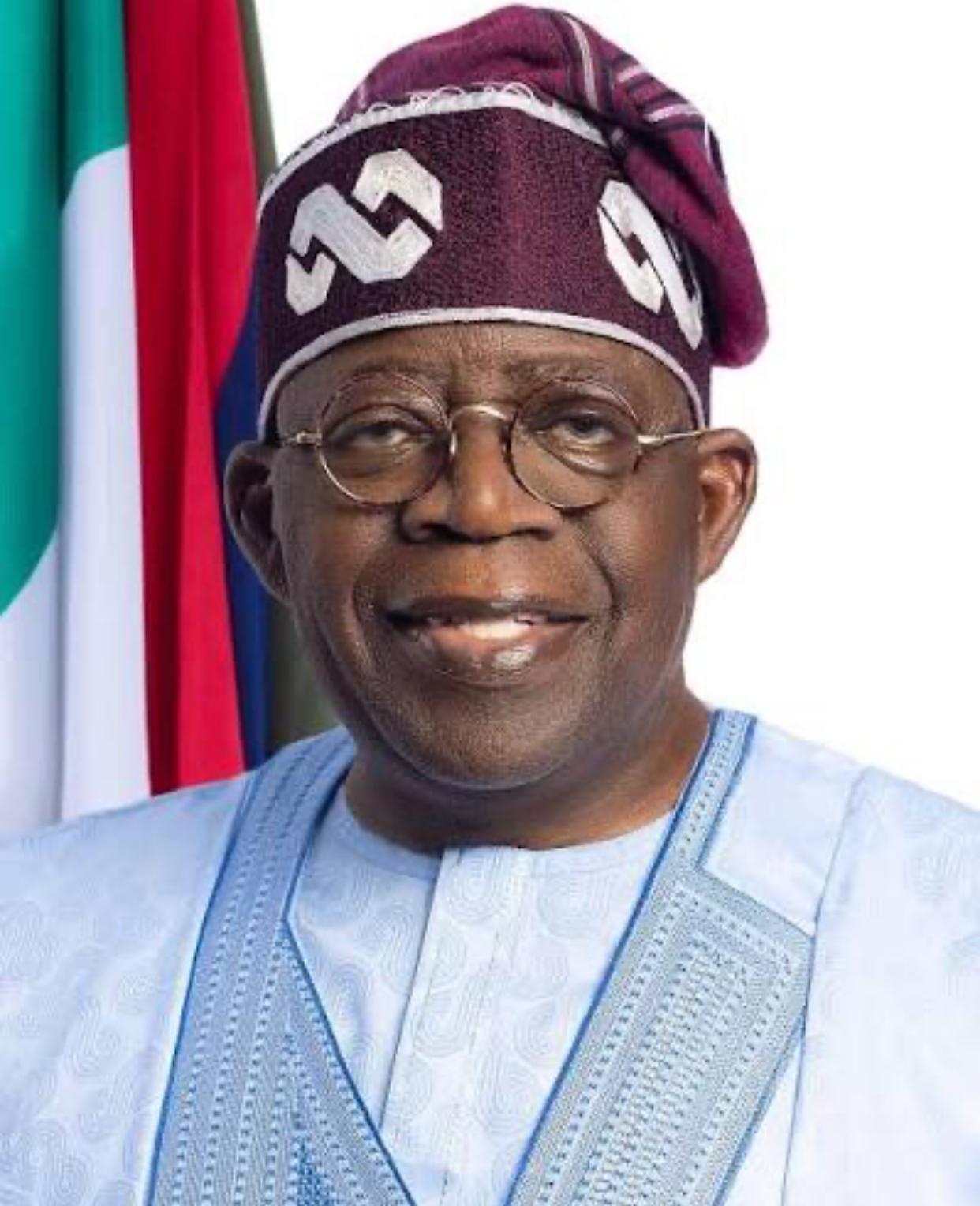
By Our Correspondent
The Federal Government has announced that the 2026 budget will concentrate heavily on ward-based development, critical infrastructure, security enhancements, and boosting domestic production as the country navigates a landscape of declining global development assistance.
Speaking at a stakeholders’ engagement with the Nigeria International Non-Governmental Organisation (INGO) Forum on Monday in Abuja, Senator Abubakar Atiku Bagudu, the Minister of Budget and Economic Planning, stated that the upcoming fiscal cycle is structured to propel the country toward its ambitious $1 trillion economy target.
Minister Bagudu detailed the strategic shift, explaining that the Medium Term Expenditure Framework (MTEF), which was approved by the Federal Executive Council (FEC), provides the revenue projections, production targets, and a new community-level strategy to drive national growth.
The core of the domestic plan, according to the Minister, is to ensure economic prosperity is felt at the grassroots. “Mr. President and the state governors have met and approved the Renewed Hope Ward Development Plan, where in each of the 8,809 wards, the programs will be designed ward-specific to ensure that economic prosperity in those wards is enhanced,” Bagudu said.
In tandem with grassroots focus, the Minister confirmed a continuous investment in physical assets: “Secondly, the Renewed Hope Infrastructure Fund. The state governors have agreed with Mr. President that there is an irreducible minimum of infrastructure investment that we need to continue making in order to sustain the trajectory of macroeconomic reforms that we are achieving.”
A significant portion of the 2026 fiscal plan will be directed towards security. Bagudu disclosed plans for a joint effort across all three tiers of government.
“Equally, more investment in security by all the three tiers of government,” he noted.
He added that a presidential committee led by the Enugu State Governor is assessing the nation’s security training institutions, stating: “They have presented an initial report where they indicated that an initial sum of $100 billion will be required to boost some of those training institutions. And recall that Mr. President had even directed recruitment of more security agencies, as well as the recall of security agents that are serving in non-operational areas.”
The government is also taking stringent measures to protect national income. “Equally, Mr. President and the National Economic Council have approved a program to ensure that loss of revenue is minimised from crude oil and gas sector, as well as the critical mineral sector,” the Minister explained. “There are allegations that a lot of our precious stones, a lot of our gold are being mined illegally. So all steps have been taken.”
Furthermore, the President has agreed with state governors on a commitment to “embark on more measures to support domestic production.”
Collaboration with INGOs Crucial as Aid Dries Up
The Minister explained that the meeting with INGOs was part of a broader effort to improve coordination, build capacity at the local level, and ensure alignment with Nigeria’s 2026-2030 growth plans.
“We are here to show appreciation on behalf of our nation to all the International Non-governmental Organisations that are engaged in one way or the other with our country’s progress, to hear from them what we can do differently, what we can do better, and how we can learn more from them, particularly given our federal structure,” Bagudu stated.
He acknowledged the role of INGOs in shaping public perception of government changes and offering valuable global insights. “They are instrumental in the way that we can do better as a country, because they have experienced how some countries, where they either come from or they have been engaged with, have solved the problems that we are dealing with currently,” he said.
Bagudu credited the INGO community, saying, “We have embarked on bold, tough reforms under the able and courageous leadership of President Bola Ahmed Tinubu. We couldn’t have done those reforms without their support, because we need public acceptance.”
Representing the international aid community, the Director of the Nigeria INGO Forum, Camilla Higgins, confirmed that the meeting comes at a critical time marked by a dramatic contraction of global development assistance.
Higgins disclosed that Nigeria is among the countries selected for a faster transition out of the international aid system, even as humanitarian needs across the country are mounting.
She noted the severity of the funding gap: “The 2025 humanitarian national response plan sought $910 million but only 24 percent has been fundraised,” making it imperative for the government to raise more local resources to assist people in need.
“What we are experiencing in Nigeria is an example of what’s being experienced globally, that international overseas development assistance is shrinking dramatically,” Higgins said.
She explained that the humanitarian response structure that has existed for nearly 15 years is being dismantled “in order to hand over responsibility more to national actors.”
Higgins cautioned that this transition does not reflect a reduction in need. “As resources are shrinking, the needs across the country are, in fact, growing,” she said. “So we need to partner very strongly with the government of Nigeria to put in place alternative systems and structures that can continue to meet the needs of people across the country.”
She concluded that the priority is now to build stronger systems with the government and redirect national resources to support the delivery of assistance.
Uncategorized
CSO seeks refund of N19bn excess Hajj fare to 2025 Hajj pilgrims

By Olugbenga Salami
A faith-based registered civil society organisation, CSO, the Independent Hajj Reporters, IHR, has renewed its call on the National Hajj Commission of Nigeria, NAHCON and the State Muslim Pilgrims Welfare Boards, SMPWBs to refund N19,228,000,000 excess payments made by more than 44,000 Nigerian pilgrims during the 2025 Hajj exercise.
According to the group, each pilgrim is entitled to an average refund of about N400,000 to N437,000, following a discrepancy between the exchange rate used to calculate the 2025 Hajj fare and the actual rate at which service payments were made.
IHR, in a statement signed by its National Coordinator, Ibrahim Muhammad and released on Monday, said, “now that the 2026 Hajj is about to begins and 2025 Hajj accounts reconciliations has been completed, NAHCON should initiate prompt refund of the excess amount paid by 2025 Hajj pilgrims who registered before the official deadline.”
It recalled that the 2025 Hajj fare was pegged using an exchange rate of N1,600 per dollar, resulting in Northern pilgrims being charged $4,704.18 and their Southern counterparts $4,908.18, leading to overall costs exceeding N8 million.
The group, however, added that by the time NAHCON made payments for services between February 13 and 15, the official exchange rate had fallen to N1,507–N1,520 per dollar, leaving an unspent balance of about N80,000 – N93 per dollar per pilgrim.
It said that the exchange rates throughout February and March did not exceed N1,507 – N1,535 when the entire Hajj service payments were made, estimating that N437,000 is due to about 44,000 pilgrims who paid in full before the February 10 deadline.
The group also noted that NAHCON had previously acknowledged the possibility of refunds, stating it would act after the completion of the 2025 Hajj reconciliations, and therefore, urged immediate action now that NAHCON and SMPWBs have reconciled the 2025 Hajj operational accounts.
“We understand that the 2025 Hajj fare was computed using higher estimated rates to avoid the possibility of asking pilgrims to pay more. The payment for services was eventually affected with a lower exchange rate below the projected sum.
“Other countries where overpayments occurred have already refunded their pilgrims. Nigeria should do the same as a mark of transparency and accountability,” the group stressed.
IHR emphasised that the refund would help the affected pilgrims recover part of their expenses, especially given the economic challenges many faced in performing the pilgrimage.
It further urged NAHCON and the SMPWBs to jointly process the refunds and ensure timely disbursement to all eligible pilgrims.
Uncategorized
2026 NDG: Ikpokpo Plans Training Programme for coaches,Technical officials
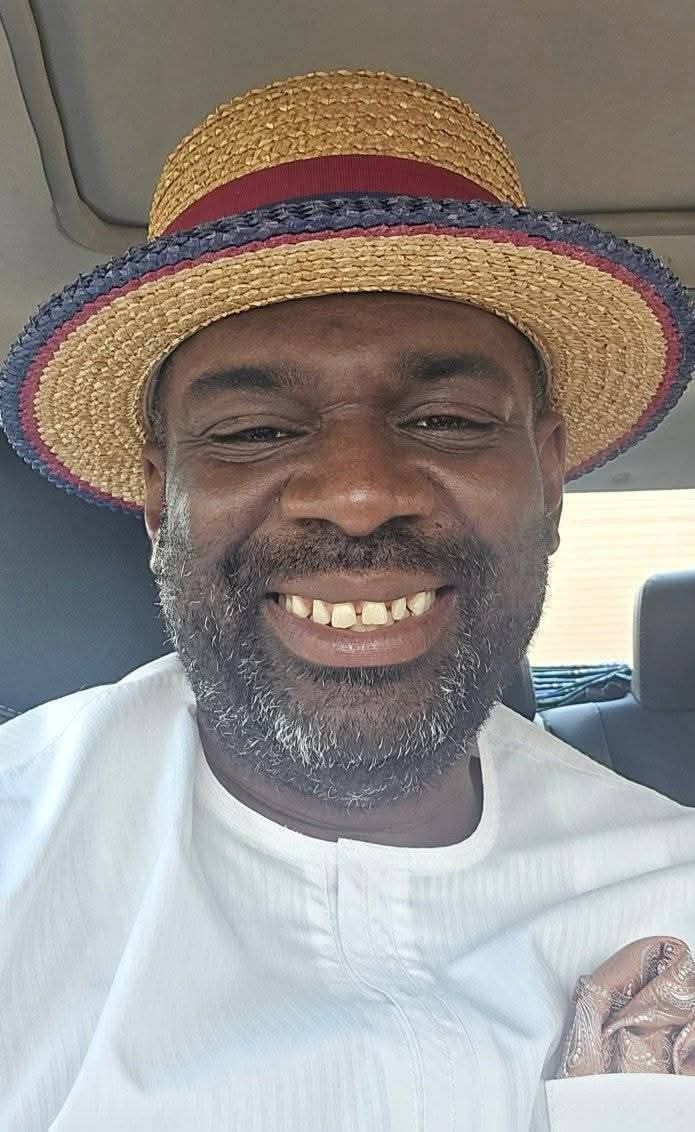
By David Owei, Yenagoa.
Coaches and Technical Officials of the Niger Delta Games would benefit from a training programme planned to improve their efficiency ahead of the 2026 Games.
Sir Itiako Ikpokpo (KSM) Managing Director of Dunamis Icon Limited, the Managing Consultant for the Niger Delta Games, announced this on Channels Sports on Sunday.
Responding to a question on how the games organisers plan to sustain the discovery of talents in the years ahead, Ikpokpo lamented the poor remuneration of coaches and wondered how their employers expect them to travel to communities to identify new talents.
“We are working with partners, the Niger Delta Development Commission (NDDC) and specifically for this event only, the Nigeria Local Content Development and Management Board to organise a workshop in January for Coaches and Technical Officials.”
He urged governments in the states and at the federal level to fund sports the same way they are funding road and hospital projects.
“For us to make any impact in sports, government must invest in sports infrastructure. It is good to build roads and hospitals, and it is also important that we invest in sports infrastructure.” Ikpokpo challenged the governments.
Continuing on the challenge of infrastructure deficit, Ikpokpo, who is the chairman of the Delta State Athletics Association, lamented that schools are built in Nigeria without provisions for sports grounds.
“The schools are the cradle of sports development, yet we have people building schools with no sports facilities.”
He promised that the 2nd NDG scheduled to take place in Benin, the Edo State capital, will be an improvement on all fronts than the last edition.
-

 Business & Economy4 months ago
Business & Economy4 months agoPC-NCG Issues Disclaimer on Purported Nigerian Coast Guard National Orientation Exercise In Anambra State
-

 Entertainment1 year ago
Entertainment1 year agoJubilation galore as Parishioners of CKC Kurudu celebrate their cultural heritage ….FG should exploit our Cultural heritage to unite Nigerians-Rev Fr Dim
-

 General News1 year ago
General News1 year agoCelebration galore as UDA Successfully Elected New Exco ……I will digitalize processes that will raise UDA to greater height -Comr. Okejiri
-

 Law & Crime6 months ago
Law & Crime6 months agoICPC pledges to collaborate with FIDA to end Sex for Marks in tertiary institutions
-

 General News2 years ago
General News2 years agoReps hold public hearing on FMC Ugwuaji Awkunanaw
-

 Law & Crime5 months ago
Law & Crime5 months agoLegal practitioner raises alarm over threat to his life by CSP Muhammed Abdulkareem
-

 Politics4 months ago
Politics4 months agoASUU-NDU protest against FG loans, unpaid salaries,Non-Implementation of agreements …..says loans is generational slavery
-

 General News1 year ago
General News1 year agoKugbo Hill Tragedy: Trailer Crushes Car, Kills Four and Injures Several Others in Abuja

